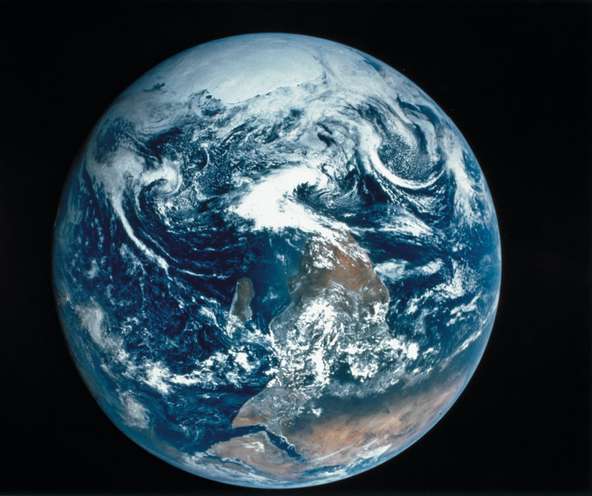*This is not a normal Earth Day. Although the theme of this 50th anniversary is climate action, COVID-19 has captured the world’s attention, and for good reason. The livability of our terrestrial home is now in crisis on two fronts.
A Way to Stop Carbon Pollution and Help Americans

COVID-19 is a public health crisis so profound that it has rocked our domestic security with lethal disease.
In Flagstaff, we’ve seen NAU cancel on-campus instruction – and we have seen FUSD do the same. Our hospital is stretched, COVID-19 patients are suffering, and local businesses are under huge stress. All of these factors contribute to un-precedented anxiety in Flagstaff. And while this pandemic creates an immediate crisis, we are also at risk from increasing changes to the earth’s climate. To respond to COVID-19, our elected leaders have agreed through the CARES Act to give money directly to the American people. Members of the Republican-led Senate, the Democrat-controlled House, and the Trump administration all put forth ideas for direct cash payments, ranging from one-time payments to monthly payments of varying sizes.
“We need cash in the hands of affected families,” said Republican Senator Tom Cotton (R-AR).
“So many people in this country are worried about what happens when their mortgage/rent/car payments/bills are due,” Democratic Congresswoman Maxine Waters (D-CA-43) posted on Twitter.
When Congress turns its attention to the climate crisis, it should not forget this lesson: Direct cash payments are a simple, transparent, and fair way to support Americans when economic winds shift and dislocations come to pass.
Climate change demands that we stop emitting greenhouse gases. America needs to move from a fossil fuel-based economy to a clean energy economy. That will be a major change, but it should not be an acute crisis like we’re in now. Giving cash payments to Americans can help ensure a healthy economy while making a gentle transition to a clean energy future.
Here’s how: Congress could put a price on carbon pollution, driving our economy away from fossil fuels toward clean energy sources, and could rebate that money as an equal cash payment, or “dividend,” to all Americans each month. HR 763, now sponsored by 80 members of Congress, seeks to do just this. Cash payments put Americans in the driver’s seat because they are empowered to decide how to spend it: pay bills, buy groceries, save, or invest in a more energy-efficient car.
This is especially important for low- and middle-income Americans, who might otherwise struggle with cost increases as we shift to a clean energy economy. When dividends are given to everyone, low- and middle-income Americans benefit dramatically. For anyone concerned about the “least of these” in our society—those who are uniquely vulnerable to both economic shocks and climate change impacts—direct cash payments are an effective tool to help meet their needs.
Money in the hands of Americans helps keep our economy running. That’s why Congress and the President have chosen to use that tool in the current crisis. When we’ve dealt with COVID-19, let’s use that same tool to combat climate change.
Soon after the first Earth Day in 1970, Republicans and Democrats worked together to pass important bipartisan legislation to protect our planet, like they are working now to address the threat of COVID-19. We can disagree about a lot, but ensuring the livability of our terrestrial home is in everyone’s interest.
Mark Reynolds is the Executive Director of Citizens’ Climate Lobby and works in Coronado, California. Natalie Jacobs and Ashley Martin are members of the Flagstaff chapter of Citizens Climate Lobby.
*This piece originally appeared in the Arizona Daily Sun.


